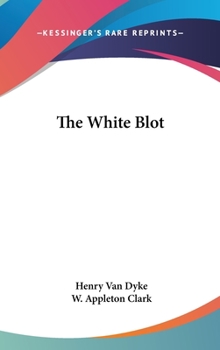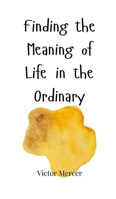The White Blot
The White Blot is a novel written by Henry Van Dyke. The story is set in the early 20th century and revolves around the life of a young man named John Ward. John is a successful businessman who has everything he could ever want in life, including a beautiful wife and a successful career. However, he is haunted by a mysterious white blot on his family tree, which he believes is a symbol of some dark secret in his family's past.As John begins to investigate the white blot, he discovers a long-forgotten family history that is filled with tragedy and scandal. Along the way, he meets a cast of intriguing characters, including a wise old professor, a beautiful young woman, and a mysterious stranger who seems to know more about John's family than he does.As John delves deeper into his family's past, he begins to realize that the white blot is not just a symbol of shame and guilt, but also a symbol of hope and redemption. With the help of his newfound friends, John sets out to uncover the truth about his family and to find a way to move forward with his life.The White Blot is a powerful and thought-provoking novel that explores themes of family, identity, and the search for meaning in life. Van Dyke's masterful storytelling and vivid descriptions bring the characters and settings to life, making this book a must-read for anyone who loves a good mystery or a compelling story of personal growth and transformation.THIS 42 PAGE ARTICLE WAS EXTRACTED FROM THE BOOK: The Ruling Passion: Tales of Nature and Human Nature, by Henry Van Dyke. To purchase the entire book, please order ISBN 1417918365.This scarce antiquarian book is a facsimile reprint of the old original and may contain some imperfections such as library marks and notations. Because we believe this work is culturally important, we have made it available as part of our commitment for protecting, preserving, and promoting the world's literature in affordable, high quality, modern editions, that are true to their original work.
Format:Hardcover
Language:English
ISBN:1161573674
ISBN13:9781161573671
Release Date:May 2010
Publisher:Kessinger Publishing
Length:44 Pages
Weight:0.53 lbs.
Dimensions:0.3" x 6.0" x 9.0"
More by Victor Mercer
Customer Reviews
5 customer ratings | 5 reviews
There are currently no reviews. Be the first to review this work.












































